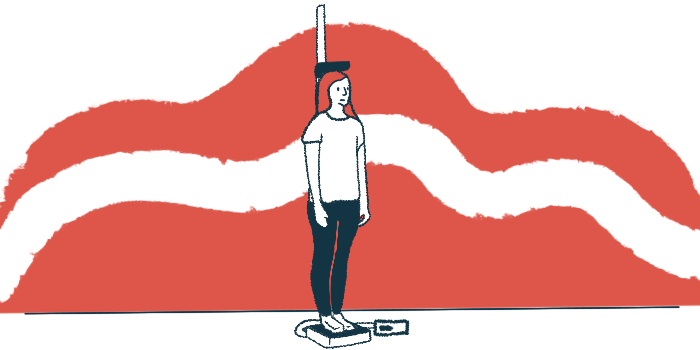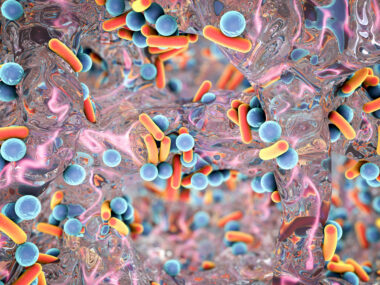Prader-Willi patients in Japan see benefits with somatropin treatment
A year of therapy maintains or improves body composition in children, adults
Written by |

A year of treatment with somatropin safely maintains or improves body composition in Japanese children and adults with Prader-Willi syndrome (PWS).
The findings come from a Pfizer-funded Phase 3 clinical trial (NCT04697381) that evaluated somatropin’s one-year safety and efficacy in 33 PWS patients on stable growth hormone treatment or who’d never received the treatment before.
The results, which show the therapy’s safety and efficacy across children and adults, may support its potential use beyond current age and height restrictions. Somatropin is a lab-made version of human growth hormone marketed as Genotropin by Pfizer. The study, “Improvement in body composition of Japanese participants with Prader-Willi syndrome following somatropin treatment: an open-label, multi cohort Phase 3 study,” was published in Endocrine Journal. The trial and study were funded by Pfizer.
PWS is a genetic disease that can cause a range of symptoms, from learning difficulties and developmental delays to behavioral challenges. Patients also typically have a short stature due to low levels of growth hormone, which is produced in the pituitary gland.
Somatropin, sold in the U.S. under the brand names Genotropin, Omnitrope, and others, is approved for children with growth failure due to PWS. In the European Union, it’s cleared for children with PWS regardless of height, and in New Zealand, it’s approved for children and adults with the disease.
In Japan, somatropin’s approved indication included only children with growth failure due to PWS, at least at the time of the study, and was “not yet approved for improving body composition in pediatric patients or for any use in adult patients,” the researchers wrote.
Testing somatropin’s safety, effectiveness
Pfizer launched the Phase 3 trial in 2021 to test how well somatropin works for both children and adults with PWS, and to see if it’s safe in both populations. The Japan-based study included six children who’d never received growth hormone before (group 1A), seven children who’d already been on growth hormone (group 1B), and 20 adults (group 2).
Each group received different weekly doses of the therapy based on their age and past treatment. The dose was divided into six or seven injections under the skin. The adult group started with a low dose for a month, then moved to a higher dose for the rest of the study.
The participants received treatment for up to a year, after which all continued on somatropin for up to three more years or until it received regulatory approval, whichever came first. The main goal for all three groups was to see if somatropin increased lean body mass, that is, the amount of the body that isn’t fat, mostly the muscle and organs. Body fat distribution was measured with dual-energy X-ray absorptiometry (DEXA).
Somatropin treatment led to a significant increase in lean body mass in the adults, meeting the main goal. Lean body mass also significantly increased in children who’d never taken growth hormone, but remained largely unchanged in those already on stable growth hormone treatment. This lean body mass stabilization in group 1B was observed even though these participants received a lower growth hormone dose, in the form of somatropin, than they were receiving before the trial.
All three groups saw a decrease in body fat. Group 1B was the only one to see a reduction in abdominal fat.
Almost all the adults and most children had at least one adverse event, which were mostly mild or moderate in severity. Three participants had serious adverse events, which were deemed unrelated to the treatment.
Treatment-related side effects were reported in half the children in group 1A, no children in group 1B, and 45% of the adults. “None led to treatment or study discontinuation,” the researchers wrote. “Consistent with previous findings, Japanese participants with PWS benefited from treatment with somatropin over 12 months in terms of improved body composition. Somatropin was generally safe and well tolerated in both pediatric and adult participants.”






